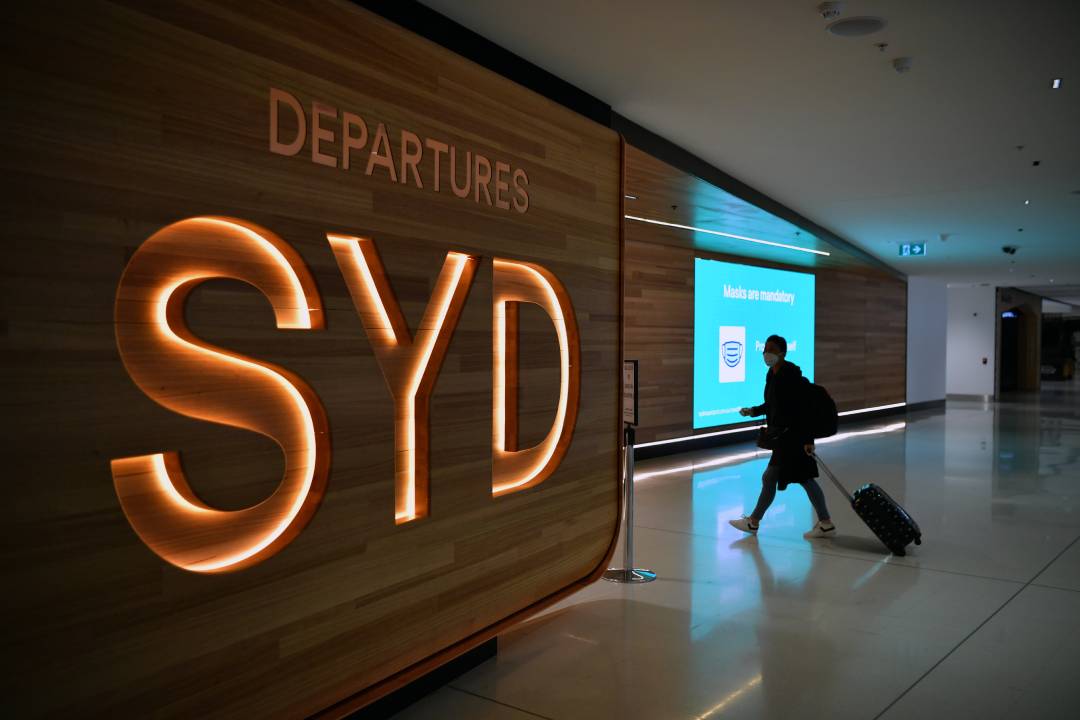

A US-based company will be the majority shareholder of Sydney Airport and it hasn’t pleased some 21% of retail investors. And while their gripe can be understood, anyone fearing this super $23.6bn sale as another local loss to big, overseas predators, should think again.
Instead, this is a Paul Keating ‘dream come true’ where his ‘babies’ — the industry super funds that were born and gradually grew out of his compulsory super — are now as big as the banks! And doing what banks never do, they’re investing and owning Australian businesses/assets.
This is a super sale to our super funds when you look at the overall new ownership of Sydney Airport.
So let’s look at the owners. Sure, the Yanks have the biggest individual share in Global Infrastructure Partners, now owning 37%, followed by IFM with 32.9%, UniSuper has 15%, while both Australian Super and QSuper have 7.5% each.
So three well-known super funds own 30%. But who is IFM?
It used to be called Industry Funds Management and it’s headquartered in Melbourne and is effectively owned by industry super funds. And have a look at its chairman — it’s none other than former Labor Minister Greg Combet!
Before that, Mr Combet was the Secretary of the Australian Council of Trade Unions between 1999 and 2007.
So Sydney Airport is now majorly owned by industry super funds and the Australians who are members, which means they have about a 63% dominance of the company if they combine their voting power.
This isn’t a foreign takeover of Sydney Airport but an industry fund takeover. I can’t see this being a bad thing, provided it doesn’t lead to excessive benefits to workers and excessive charges to consumers and businesses who use the airport.
In fact, it will be fascinating to see if a union-controlled business can be better corporate citizens than the big end of town companies that unions have fought their entire lives.
But what about the retail investors who voted against the deal?
They complained about a number of valid issues.
First, they quite rightly argue that the share price of Sydney Airport is undoubtedly negatively affected by the Coronavirus-effect on the travel industry. However, this chart shows the loss of a bigger share price isn’t huge.
Sydney Airport (SYD)

Before the pandemic, its all-time high was close to $9. Shareholders will now get $8.75. But before the offer was put on the table, the share price was $5.81. So this interest to buy has spiked its share price substantially.
Second, many of the retail investors were income investors who loved the steady income from this stock. And with term deposits having hopelessly low interest rates, reliable dividend-paying companies are revered, especially by retirees chasing yield.
Third, the retail investors will have to pay capital gains tax, while UniSuper, which was and will remain a shareholder, won’t have to pay capital gains tax because it retains its already owned holding.
The SMH’s Patrick Hatch captured the ‘hot under the collar’ feelings about the deal: ‘‘The fact that UniSuper is privileged to maintain its 15 per cent holding ... should tell the average shareholder something,’’ investor Giles Edwards said at the online meeting. ‘‘COVID has knocked many share values downwards and many of those companies, even now, are in the process of recovery. Why would any reasonable shareholder want to sell out of such a good, sound long-term investment?’’
However, the company’s current chairman, David Gonski, believes the deal was a good one. He pointed to ongoing Covid-related challenges, the threat of Western Sydney Airport and our deteriorating relationship with China as headwinds for the business, which made the deal look recommendable to his shareholders.
“If the scheme is approved by the NSW Supreme Court next Wednesday, February 9, Sydney Airport’s shares will cease trading on the ASX that day,” Patrick Hatch reported.
What do I think of the deal? The world of big investors has joined retirees in trawling and looking for reliable income assets with interest rates so ridiculously low, so SYD could’ve easily ended up in foreign hands. Super funds are going to be investors into infrastructure assets in the future, which means as a country we are becoming less dependent on foreigners and our industry super funds will be wielding enormous power.
This is a scenario that will please the effective architect of all this — former Treasurer and PM, Paul Keating.